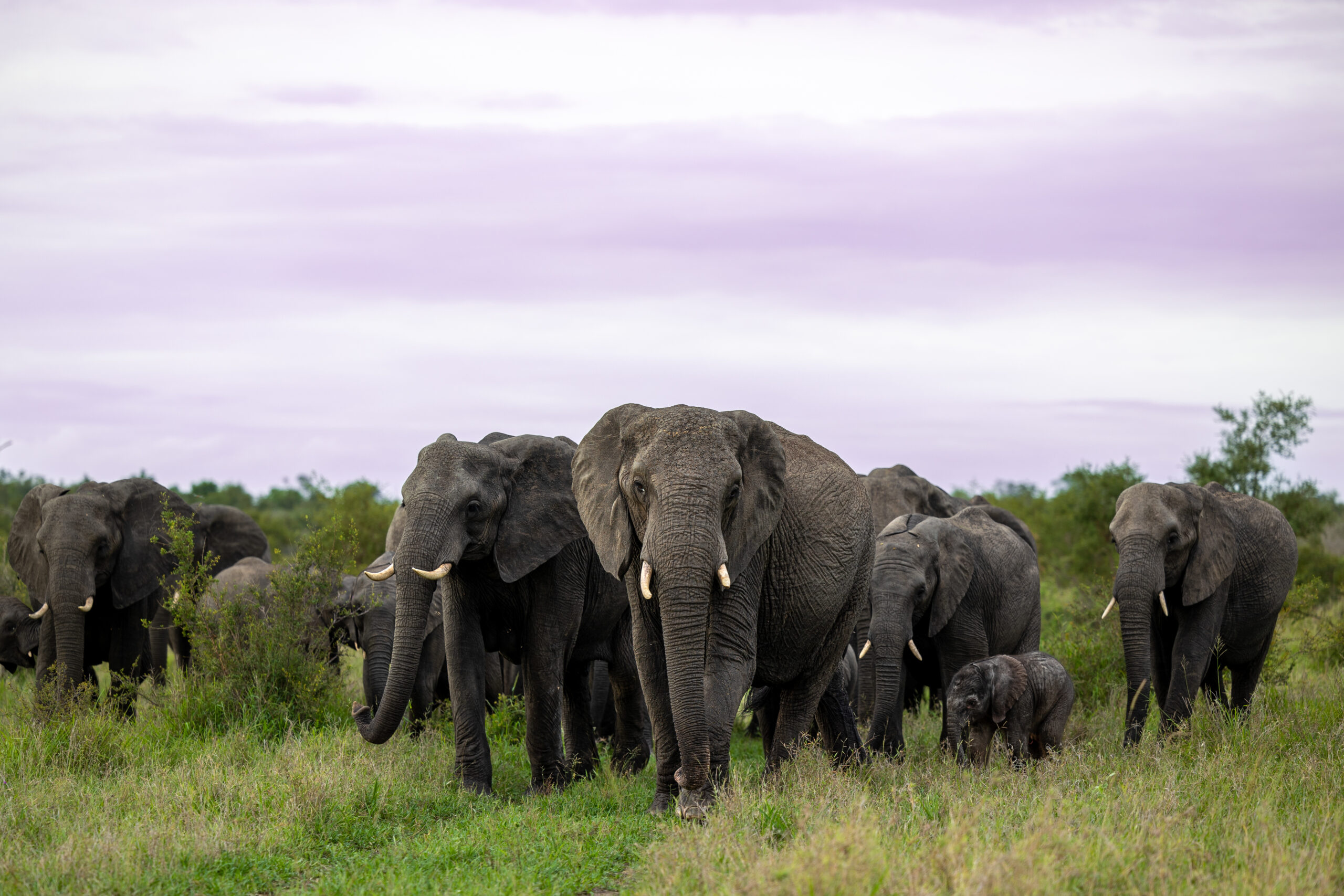Rethinking Elephant Conservation: A Call for Broader Perspectives
Elephants, revered for their strength and majesty, have been integral to ecosystems and cultures for centuries. However, recent research suggests that current conservation strategies may not fully encompass the multifaceted roles these giants play. A collaborative study by the University of Portsmouth and the University of KwaZulu-Natal has underscored the necessity of broadening our perspective on elephant conservation.
Beyond Economics and Ecology: What Traditional Conservation Misses
Traditional conservation efforts have often prioritized economic and ecological values, such as ecotourism revenue or the species’ role in maintaining biodiversity. While these factors are undeniably important, this narrow focus can inadvertently neglect other crucial aspects, including cultural significance, spiritual connections, and moral considerations.
A Framework of 16 Values: Tangible and Intangible Roles of Elephants
The study proposes a comprehensive framework that categorizes the diverse values associated with elephants into 16 distinct areas. These range from tangible benefits like ecosystem services (e.g., seed dispersal, nutrient cycling) and economic contributions (e.g., tourism, employment) to intangible ones like cultural heritage, spiritual values, and intergenerational legacy. By recognizing and integrating these varied values, conservation strategies can become more inclusive, equitable, and effective.
For instance, while the economic allure of ivory trade has been a contentious issue, focusing solely on financial gains can lead to conflicts, poaching, and unsustainable practices. Instead, acknowledging the cultural and spiritual importance of elephants to indigenous and local communities can foster more harmonious and enduring conservation efforts. This could involve incorporating traditional ecological knowledge, supporting community-based conservation initiatives, and ensuring that local communities benefit from conservation efforts.
Dr. Lucy Bates from the University of Portsmouth emphasizes that a one-size-fits-all approach to conservation often falls short. “Whether it’s economic, ecological, or social, a blanket approach to values can impact the success of a conservation strategy,” she notes. Recognizing the diverse values associated with elephants and tailoring conservation strategies accordingly can lead to more effective and sustainable outcomes.
Interconnected Values: How Elephants Link Ecosystems and Communities
Furthermore, the study highlights the interconnectedness of these values. For example, healthy elephant populations contribute to ecosystem stability, which in turn supports biodiversity and provides ecosystem services that benefit local communities. These communities, in turn, may hold cultural and spiritual values associated with elephants, further emphasizing the need for a holistic approach to conservation.
By integrating a broader spectrum of values into conservation planning, we not only protect the elephants but also honor the intricate tapestry of relationships they share with humans and the environment. This holistic approach, grounded in respect for both ecological and cultural diversity, paves the way for more equitable and sustainable coexistence. It recognizes that conservation is not just about protecting a species but also about safeguarding the values and relationships that connect humans, elephants, and the environment.
Conclusion: A Paradigm Shift for Lasting Coexistence
In conclusion, embracing the full value of elephants in conservation requires a paradigm shift. It necessitates moving beyond a narrow focus on economic and ecological values to recognize and integrate the diverse cultural, spiritual, and moral considerations associated with these magnificent creatures. This holistic approach, grounded in collaboration, respect, and equity, offers a pathway towards a future where humans and elephants coexist in harmony, and the true value of elephants is recognized and celebrated.

